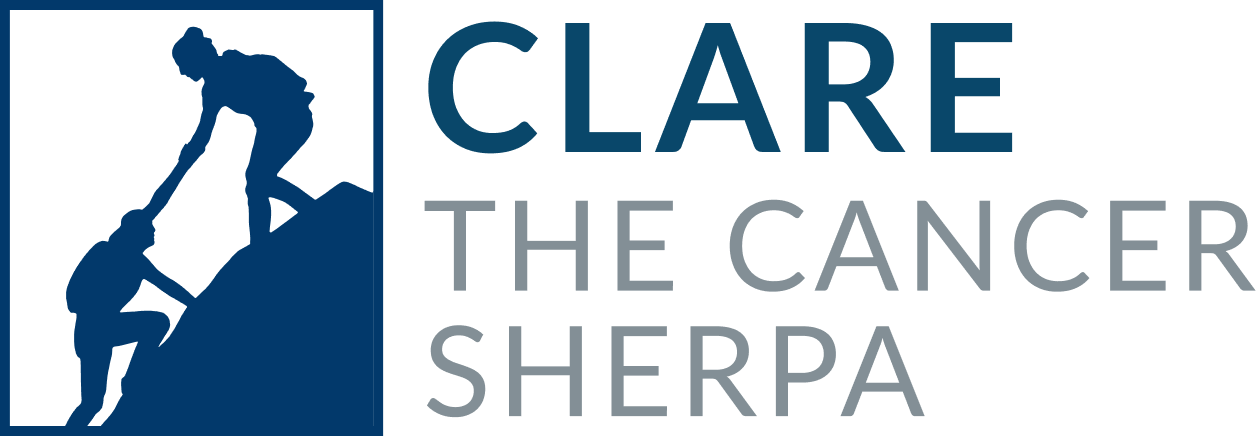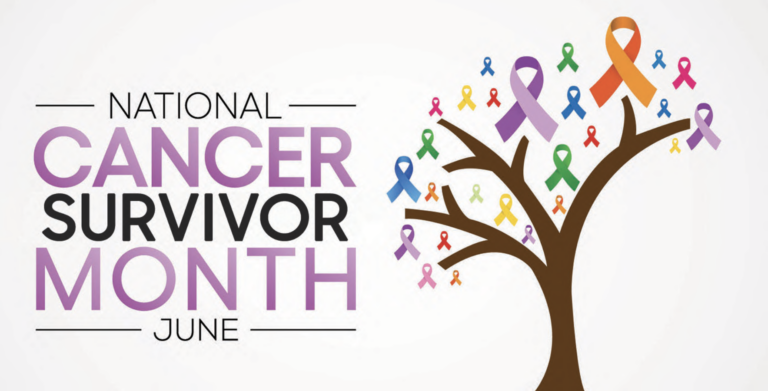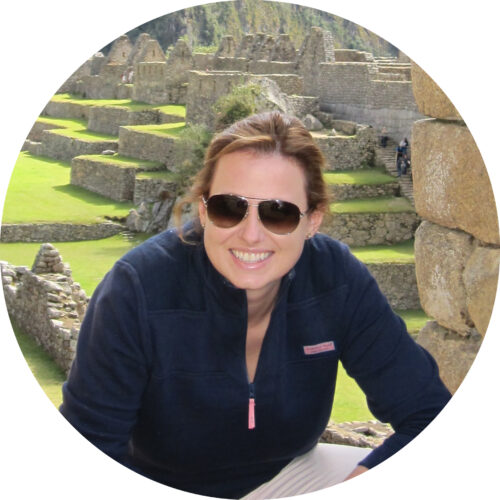Written by Cancer Sherpa founder Clare Matschullat
June is National Cancer Survivor Month. Across the month of June, cancer research organizations and institutions celebrate cancer survivors, bring awareness to current needs in cancer research, and advocate for cancer survivorship research and resources for the issues survivors face over the course of their lifetime. While I advocate for cancer patients on a daily basis, awareness events also make me reflect on my experience, and I am grateful to celebrate another year in which I am cancer-free. And as I see events or read stories, I’m often struck by how each person speaks about their journey differently. The cancer patient’s lexicon has evolved substantially over the last few decades.
I have been in remission for almost thirty years, following a diagnosis of acute lymphoblastic leukemia at age twelve. My experiences and journey led me to a career in science, and while the numbers and research prove that I am “cured,” I do not refer to myself as a survivor. I, Clare Matschullat, am a former cancer patient.
I’ve found that each cancer patient has a different take on their journey, which includes how they speak about the disease throughout their lives. For some, they’re survivors; for others, they’re former cancer patients or cancer-free. From my perspective, the word survivor feels too broad. Every breath you take after you have been told you have cancer, makes you a survivor. Even those who have lost their lives to cancer are survivors.
Survivorship, like cancer, has an infinite number of faces, and often the ones shown to the world are those of healthy, smiling individuals living their lives to the fullest. I put quotes around the term “cured” above because of the sensitivities around the C word – cancer can recur or come back in another form. That’s why we often hear terms like in remission and cancer-free. It’s temporal, not permanent.
My word choice is both a product of the time during which I was treated and the nature of my cancer – I never wanted to claim the misunderstood title of survivor if I relapsed. Out of a cancer class of eighteen pediatric, adolescent, and young adult patients diagnosed with various types of cancer, I was the only one who lived. My friends and fellow cancer patients, ages three months to twenty years, died within their treatment protocol period or just after completing it. To a then-adolescent me, survivorship was not a proclamation of health; it was a seemingly impermanent state of unflinching vigilance punctuated by stints of normalcy. I was always awaiting a recurrence for the proverbial other shoe to drop.
I was convinced, not in a morbid but in what I believed to be a realistic way, that I would not make it to my thirtieth birthday. I did not plan ahead, thinking about a career path or one day having a family. By age twenty-five, I had already had life-threatening complications from chemotherapy that resulted in multiple blood clots in both lungs and developed adult ADD from radiation therapy. And yet, as I cautiously started meeting each of these milestones, I recognized that I was beginning to be able to picture all the years of life that lay before me. It was not until my mid-thirties when people, including my therapist, would ask me where I saw myself in one, five, or ten years that I could finally envision some blurry version of my future self and life.
Every year on my birthday, I get a call or a voicemail, singing ones are the best, from the medical professionals who saved my life. They are my family now, and when I spoke to one of my oncologists this past April, he asked how I was. I was complaining about an ailment resulting from a long-term side effect of my radiation treatment when he interrupted me to say, “Clare, you are fine. You are and are going to be just fine.” At that moment, my former oncologist was not negating my feelings. He, in his calm, slow, caring tone, was reminding me that I survived and am, in fact, physically fine.
Survivorship, regardless of the stage of treatment or remission a patient is in, should be celebrated. However, with the advancement of cancer treatment and increasing survival rates, we need to teach current and former cancer patients how to live with their disease and its short- and long-term side effects, day-to-day, month-to-month, and year-to-year. Cancer patients, caregivers, medical professionals, and researchers have begun to recognize that while cancer treatment traditionally only refers to eradicating the disease, it should also include learning how to live with and after it.
Per the commercials, I have never frolicked in a field or on a beach or had a party to celebrate my short- or long-term cancer-free status. However, if ringing a bell upon the completion of my protocol had been a tradition in the mid-nineteen-nineties, I would have rung that bell until it had a crack to rival the Liberty Bell.


